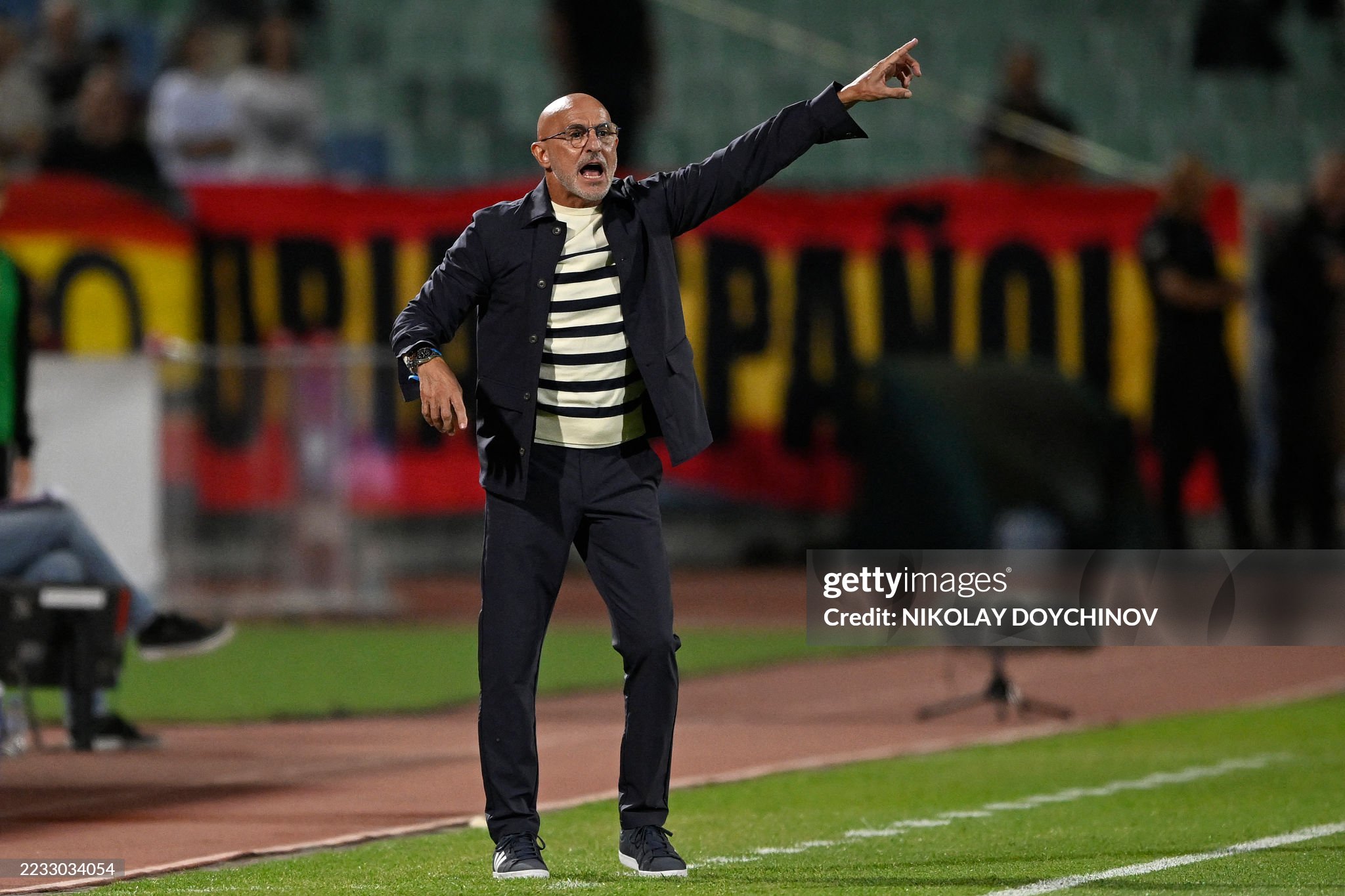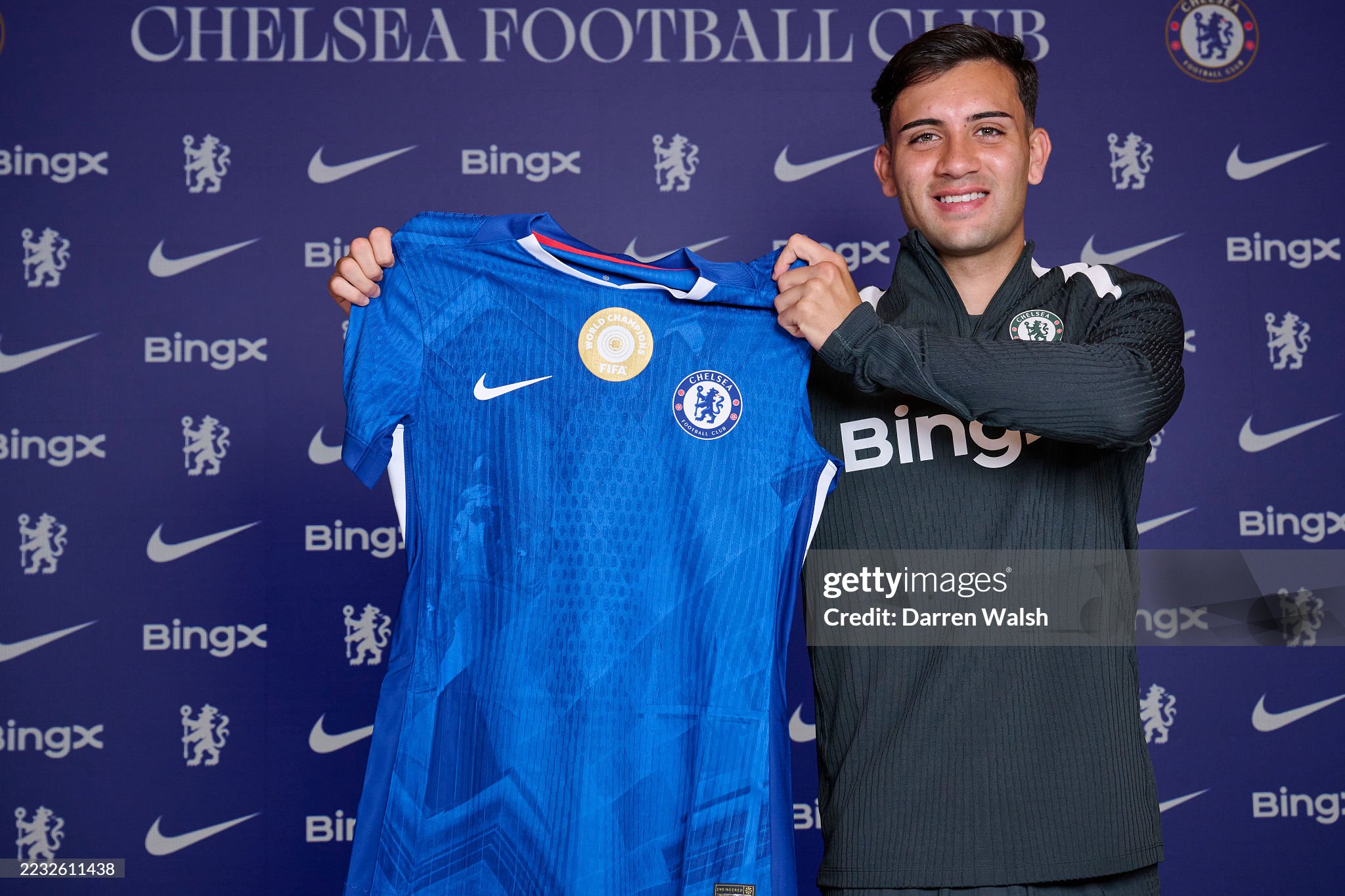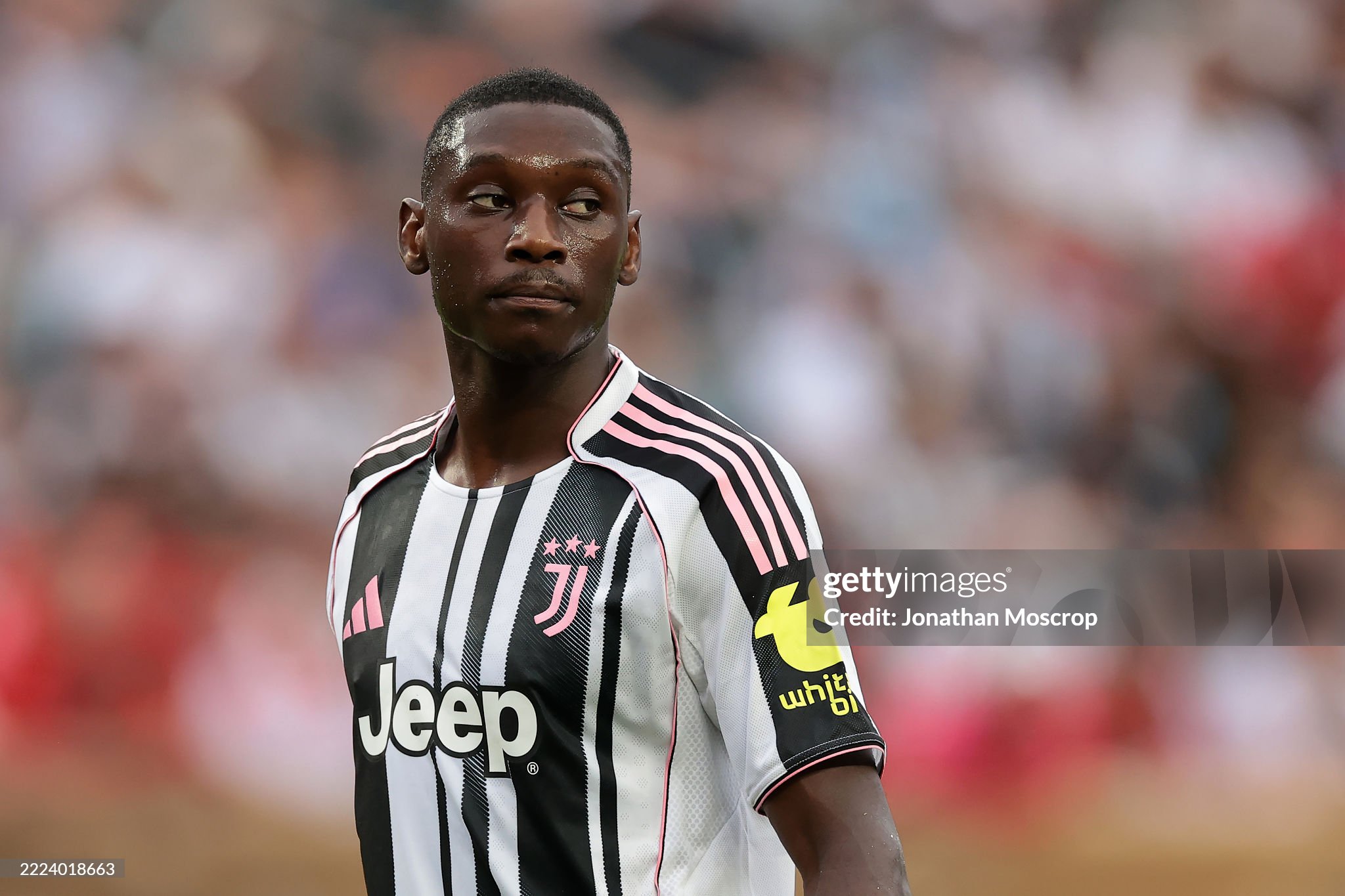Tottenham Hotspur is not for sale. At least, that’s what the club stated in an official announcement. The London giants felt compelled to make this clear after speculation earlier this week.
 Embed from Getty Images
Embed from Getty Images
According to Sky Sports, Tottenham Hotspur have already rejected two concrete takeover bids in recent months, but the North London club has now made it clear that a sale is not on the table.
Following the surprise departure of long-serving executive chairman Daniel Levy, speculation had intensified that Spurs could be entering a new era of ownership. However, the club has moved quickly to dismiss such talk. In an official statement released this week, Tottenham confirmed: “We confirm that Tottenham Hotspur is not for sale and that we have no interest in any offers.”
The statement comes at a time of growing uncertainty in English football, where ownership changes and outside investment have reshaped the landscape of the Premier League. Tottenham’s case has been of particular interest because of the exit of Levy, a figure who, for decades, was seen as almost inseparable from the club’s identity. Levy, who became synonymous with Tottenham’s rise into a modern football powerhouse, oversaw the construction of the state-of-the-art Tottenham Hotspur Stadium, the growth of global revenues, and the club’s consistent presence in European competitions. His decision to step down created a vacuum that many assumed would open the door to potential suitors.
Tottenham Hotspur remains firmly under the control of the Lewis family, who have held ownership since 1991. The business dynasty, led by Joe Lewis until his recent legal troubles, and now guided by family representatives, has presided over both the highs and lows of Spurs’ modern history. Under their stewardship, Tottenham has transformed from a traditional London club into one of the most commercially successful brands in world football. The club’s valuation, often estimated in excess of £2 billion, makes it one of the most valuable sports franchises in Europe.
Despite this, rumours of a potential sale grew louder in recent weeks. Reports suggested that Amanda Staveley, a prominent investor with experience in English football, had shown interest in acquiring a majority stake. Staveley, who played a crucial role in brokering the 2021 Saudi-backed takeover of Newcastle United, maintained a minority shareholding in the club until mid-2024, when she was bought out by the Saudi consortium. Her expertise and connections in football investment circles made her name a logical candidate to emerge once Tottenham appeared vulnerable to speculation.
According to English media, Staveley’s strategy focused on the 13 percent of Tottenham shares that are publicly traded. While such a move could grant her influence, it would not be sufficient to challenge the Lewis family’s overwhelming 87 percent ownership. Analysts argue that even if Staveley, or any other interested party, managed to accumulate the available minority shares, the Lewis family’s position remains virtually unassailable unless they themselves decide to cash out. The latest club statement makes it abundantly clear that no such decision is being considered.
This firm denial from Spurs also reflects the broader financial reality. Tottenham are currently in one of the strongest positions in their history in terms of infrastructure and commercial reach. The club boasts one of the finest stadiums in the world, a cutting-edge training ground, and a global fan base that continues to expand. From hosting NFL games and major concerts to leveraging partnerships with leading sponsors, Tottenham has diversified its revenue streams in a way that makes it less reliant on traditional matchday income. For any investor, taking over Spurs would mean not only an enormous financial commitment but also navigating a project already deeply embedded in the Lewis family’s long-term vision.
On the sporting side, Tottenham’s current project under manager Ange Postecoglou has generated optimism. The club is investing in young, dynamic talent, with Dutch internationals Micky van de Ven and Xavi Simons among the standout names on the roster. These signings highlight Tottenham’s ambition to remain competitive both domestically and in Europe, while also developing assets with significant resale value. The club’s footballing project, combined with its commercial power, makes it an attractive prospect for investors which explains the constant speculation despite the club’s firm stance.
For now, Tottenham supporters can take the latest statement as a reassurance that their club will not undergo the kind of ownership upheaval seen at Chelsea, Manchester United, or Newcastle United in recent years. The Lewis family intends to continue its stewardship, at least in the foreseeable future, ensuring that Spurs remain stable at the boardroom level while pursuing success on the pitch.
What remains to be seen is whether continued speculation, particularly from high-profile figures like Amanda Staveley, will force the club to reiterate its position in the months ahead. In the ever-changing financial environment of the Premier League, even the most emphatic denials have sometimes proven temporary. For now, though, Tottenham’s message is simple: the club is not for sale.
Updated: 10:50, 8 Sep 2025







